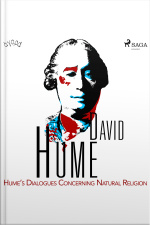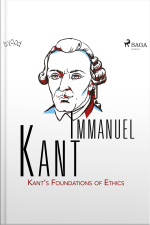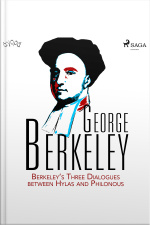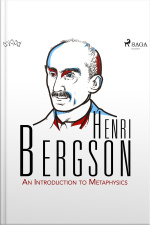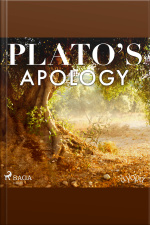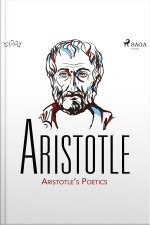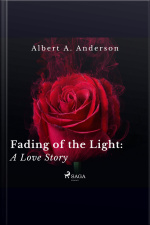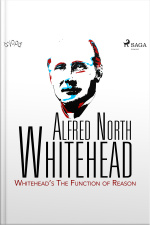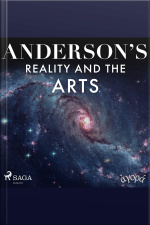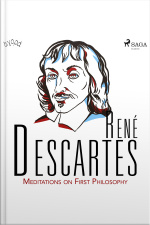David Hume’s Dialogues Concerning Natural Religion had not yet been published when he died in 1776. Even though the manuscript was mostly written during the 1750s, it did not...
These works articulate the most fundamental principles of Kant’s ethical and political world-view. "What is Enlightenment?" (1784) and "Fundamental Principles of the Metaphysics...
Berkeley uses the Socratic mode of inquiry in "Three Dialogues between Hylas and Philonous" to question fundamental beliefs about knowledge and reality. These dialogues are...
The basic principles that Bergson articulates, especially his way of thinking about reality as a dynamic process and his view of human beings as creative and evolving, should be...
Socrates is on trial for his life. He is charged with impiety and corrupting young people. He presents his own defense, explaining why he has devoted his life to challenging the...
Aristotle's Poetics is best known for its definition and analysis of tragedy and comedy, but it also applies to truth and beauty as they are manifested in the other arts. In our...
"The Fading of the Light: A Love Story" is Albert A. Anderson’s touching account of the loss of his wife to Alzheimer’s disease. The poems contained in this collection were a...
Whitehead presented these three lectures at Princeton University in 1929. Although 85 years have passed, his central thesis and his analysis remain remarkably current. The...
Art is the creative manifestation of essences. In order to understand the relation between art and reality, we need a philosophical guide. The best way to comprehend how the...
René Descartes is often described as the first modern philosopher, but much of the content of his "Meditations on First Philosophy" can be found in the medieval period that had...
